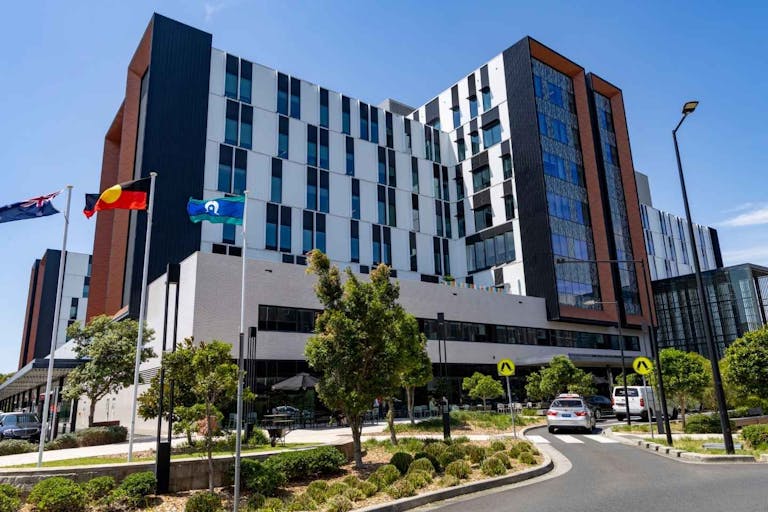
Pro-abortion politicians in New South Wales want to force doctors to commit abortions
Angeline Tan
·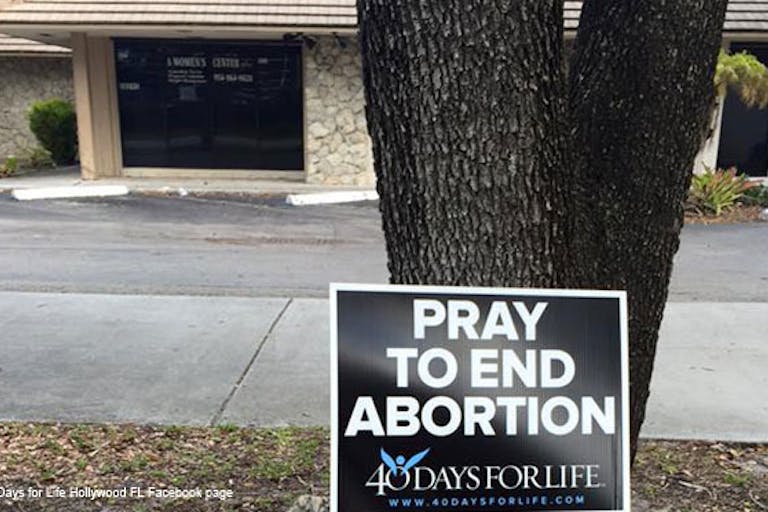
Hey, UK media: Offering women the truth about abortion isn’t ‘harassment’
In a stunning example of media bias in the United Kingdom, the Guardian featured an article condemning pro-life activists. Pro-lifers are gathering at abortion facilities across England, officially and unofficially, as part of the 40 Days for Life campaign. According to the Guardian, “hardline religious activists” are “harassing vulnerable women at UK clinics.”
A look at the article reveals nothing more than a few unsubstantiated allegations of harassment about a peaceful campaign to reach abortion-minded women with options and resources they would not otherwise have. The only verified details of the story suggest that the pro-life activists have in fact been peaceful and the Guardian’s coverage has a significant pro-abortion bias intended to intimidate pro-life sidewalk counselors.
For starters, the version of the Guardian article posted online includes a picture from the abortion facility in Manchester where pro-lifers are allegedly harassing women. The photo of the activists’ activities shows a sign reading, “We are here to help not to judge” next to flowers and candles. This hardly seems like the environment of hateful harassment that the headline suggests.
READ: Woman who conceived in rape: ‘My baby was part of my healing’
The Guardian asserts that pro-life demonstrators are approaching women with “leaflets suggesting that having a termination is harder to deal with than being raped.” This seems disconcerting and was met with outrage by pro-choice politicians. The Guardian quotes MP Jess Phillips blasting the pro-lifers, saying, “For most women, myself included, abortion is not a traumatic incident and to suggest it is harder than being raped suggests that these groups know as much about victims of sexual violence as they know about abortion: nothing.”
However, the Guardian’s own article demonstrates how deceptive this reporting is. Later in the article, the actual text of the offending leaflet is reproduced showing that pro-lifers are not vindictively inventing comparisons between the trauma of abortion and rape. Instead, the pamphlet includes quotes from post-abortive women about their experiences. One woman said, “For me, the abortion was harder to get over than the rape.” These are the words of one woman sharing her experience and grief in order to help other women going through similar circumstances.
Another woman quoted in the pamphlet said, “No one ever told me I would live with this decision for the rest of my life. It’s been several years but my grief continues.” The Guardian casts doubt on these quotes calling them “purported.” Yet, there are countless other quotes like these from women who were traumatized by undergoing an abortion following rape or living with lifelong regret following an abortion decision. This is enough to suggest that the quotes included in the pamphlet are authentic.
Article continues below
Dear Reader,
In 2026, Live Action is heading straight where the battle is fiercest: college campuses.
We have a bold initiative to establish 100 Live Action campus chapters within the next year, and your partnership will make it a success!
Your support today will help train and equip young leaders, bring Live Action’s educational content into academic environments, host on-campus events and debates, and empower students to challenge the pro-abortion status quo with truth and compassion.
Invest in pro-life grassroots outreach and cultural formation with your DOUBLED year-end gift!
The Guardian also took issue with the pamphlet’s inclusion of the fact that “Research has linked abortion to increased risk of future miscarriage and breast cancer” and abortion is associated with an increased risk of suicide. Once again, these are not the nefarious fabrications the Guardian suggests they are. Both in the case of breast cancer and suicide, studies demonstrate increased risk following an abortion.
The Guardian reserved much ire for the pro-lifers’ display of fetal models showing scientifically accurate replicas of babies in the womb at different gestational ages. Abortion facility worker Jessica Jones explained, “There’s one woman who brings little models of a foetus developing. She’ll get them out and try and show people the models. It’s to show: ‘This how far along your child is now.’ It’s massively traumatic for people coming to the clinic. It’s intimidating.” If scientifically accurate information necessary for making an informed decision is “massively traumatic,” then the actual abortion must be at least, if not more, traumatic. Not to mention that the abortion facility’s counseling is obviously inadequate if it is failing to explain to each woman how far along she is or what her child looks like.
In the only quote from a pro-lifer included in the Guardian article, Robert Colquhoun, Director of International Campaigns for 40 Days for Life, told the Guardian. “40 Days for Life organise peaceful, prayerful and legal vigils outside of abortion centres in the United Kingdom. In nine years of ministry we have not seen a single substantiated case of harassment or intimidation by any of our volunteers in that time.”
READ: Post-abortive mom reacts in an unexpected way to abortion victim images
Surprising to no one, pro-abortion politicians used biased reporting as an opportunity to demand so-called “buffer zones” that would make it illegal for pro-lifers to approach women near abortion facilities. As commentator Jayda Fransen points out, the biased reporting seems aimed to “deter Pro-Life campaigners with the fear of legal action.” Already in Australia, pro-abortion politicians passed legislation that makes it a crime for pro-life sidewalk counselors to come within 150 meters of an abortion facility (almost 500 feet). Last year, the UK considered a similar proposal for “buffer zones,” but ultimately decided they were unnecessary because of the peaceful nature of most pro-life advocacy.
In addition to being peaceful, it appears pro-life sidewalk counselors in the UK have been necessary and effective. According to the 40 Days for Life director of international campaigns, in the last five years, pro-life groups are estimated to have saved 1,000 babies from abortion.
“Like” Live Action News on Facebook for more pro-life news and commentary!
Live Action News is pro-life news and commentary from a pro-life perspective.
Contact editor@liveaction.org for questions, corrections, or if you are seeking permission to reprint any Live Action News content.
Guest Articles: To submit a guest article to Live Action News, email editor@liveaction.org with an attached Word document of 800-1000 words. Please also attach any photos relevant to your submission if applicable. If your submission is accepted for publication, you will be notified within three weeks. Guest articles are not compensated (see our Open License Agreement). Thank you for your interest in Live Action News!

Angeline Tan
·
Politics
Bridget Sielicki
·
Analysis
Cassy Cooke
·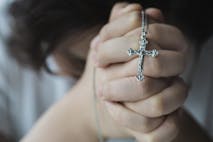
Human Rights
Angeline Tan
·
Activism
Nancy Flanders
·
Guest Column
Mark Lee Dickson
·
Analysis
Anna Reynolds
·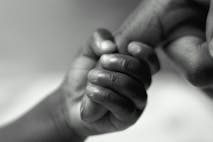
Analysis
Anna Reynolds
·
Analysis
Anna Reynolds
·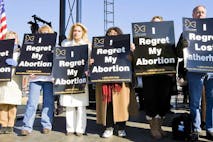
Analysis
Anna Reynolds
·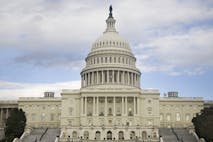
Politics
Anna Reynolds
·